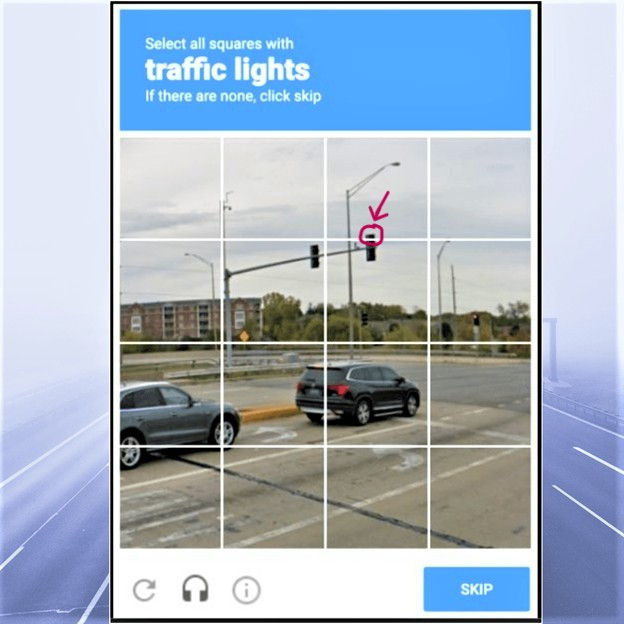August 2025: Second-Guessing Isn’t Strategy: What a CAPTCHA Reminded Me About Conflict
- sasha18324
- Aug 18, 2025
- 3 min read

I was mindlessly scrolling social media and saw a recent Adam Grant post that made me chuckle. Are there really folks out there who can confidently decide whether that second box from the right in a CAPTCHA should be checked? If you exist, how did you reach this level of calm and conviction? Does the self-doubt not creep in? How do you stop yourself from overthinking?
It reminded me of two recent projects where overthinking got in the way of clarity and resolution and where you can help your client avoid the dreaded self-doubt.
A Mediation That Should Have Felt Like a Win
The first was during a mediation that was resolved earlier than expected. As we were finalizing paperwork, one of the parties said something like:
“Maybe I shouldn’t have gone so high. Maybe the other side would have taken less. Maybe I gave up too much, too fast.”
I reminded him that the settlement had checked all the boxes he said mattered most: it fell within his budget, closed out a stressful chapter, and avoided further time and cost. But his mind had already moved from relief to regret.
When parties are no longer in the heat of negotiation, they sometimes forget what it felt like not to have resolution. That space invites doubt. It can undermine confidence in what was a thoughtful and effective decision, and it can lead to clients walking away dissatisfied from a deal that served their best interests.
Takeaway for lawyers supporting parties in conflict: You can play a critical role by anchoring your client to the goals they identified at the start of the process: What mattered most? What was your client hoping to avoid? What were they willing to live with? Bringing the focus back to those original goals can reframe a good settlement as a success rather than a missed opportunity.
An Investigation Clouded by Self-Doubt
The second situation came up during a workplace investigation into a harassment complaint. One of the witnesses was a team member who had observed some of the complained-about behavior. When I first asked what she saw, she hesitated. Then she said, “Well, I did notice it… but maybe I’m overreacting. Maybe it wasn’t that bad. I don’t want to get anyone in trouble.”
As the interview continued, it became clear that what she observed aligned closely with the complainant’s account but her instinct to downplay what she saw made it harder to piece together a clear narrative.
This wasn’t about dishonesty or evasiveness. It was about overthinking. She was trying to be fair, trying not to cause harm, trying not to make a situation worse. But in the process, she filtered her memory and her language so much that the facts lost structure and impact.
Takeaway for Human Resources/legal professionals: Overthinking can create real barriers to fact-finding. When witnesses feel responsible for qualifying every word, it slows the process and blurs the narrative. Creating space for people to speak plainly and trust their own perceptions is critical to getting to the heart of workplace concerns.
Overthinking is human — especially in high-stakes or emotionally charged situations.
But when reflection tips into self-doubt, it can derail otherwise good outcomes. In mediation, it can rob parties of satisfaction. In investigations, it can blur credible information. And in both cases, it can make professionals (and their clients) feel stuck, even when progress has been made.
I’m not saying we should stop questioning ourselves, but we need to notice when that questioning is no longer productive. Instead of endlessly replaying decisions, try asking a different question:
"Did I act in line with my goals, values, and the information I had?”
If the answer is yes, it might be time to stop second-guessing and move forward.


